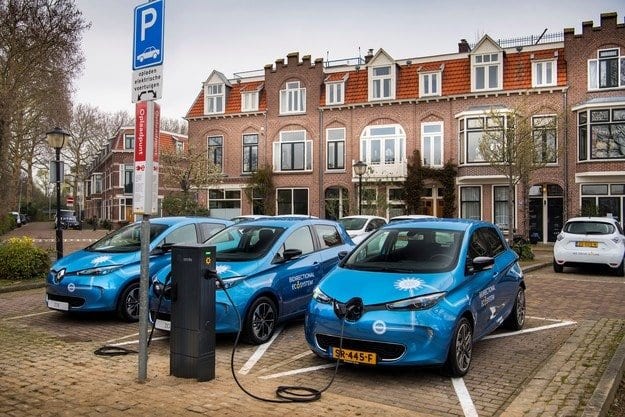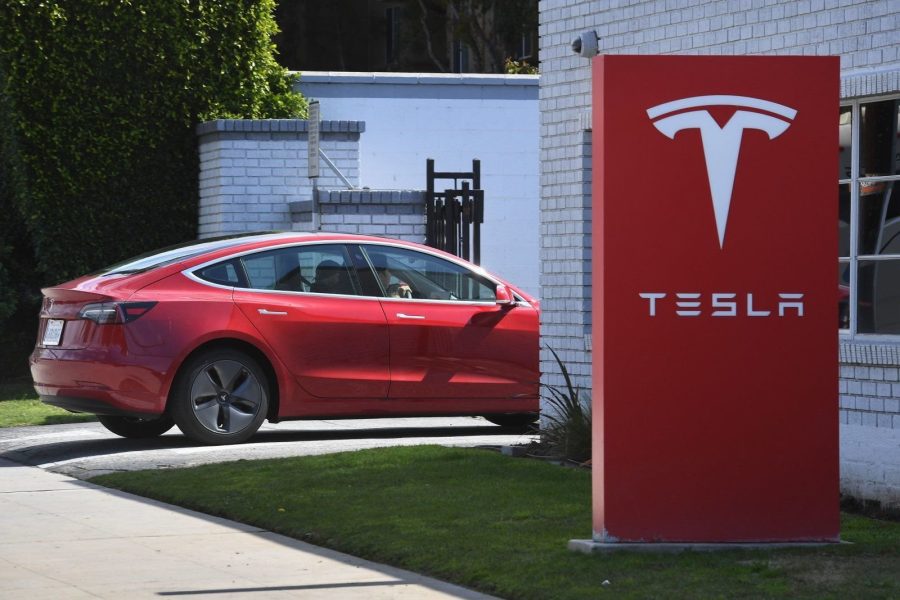
Test drive Groupe Renault launches car-to-power charging technology

The technology uses a built-in bi-directional charger to keep costs down.
The Renault Group, the European leader in electromobility, has launched the first large-scale two-way charging projects. AC technology allows a bi-directional charger to be installed in vehicles, requiring easy adaptation of existing charging stations.
In 2019, the first fifteen ZOE electric vehicles with two-way charging will be unveiled in Europe to advance the technology and set the stage for future standards. The first tests will take place in Utrecht (Netherlands) and on the island of Porto Santo (Madeira archipelago, Portugal). Subsequently, projects will be presented in France, Germany, Switzerland, Sweden and Denmark.
Benefits of car-to-grid charging
Car-to-grid charging, also called bi-directional charging, controls when an electric vehicle is charging and when it transfers energy to the grid, depending on the wishes of users and the load on the grid. Charging is optimal when electricity supply exceeds demand, especially during peaks in renewable energy production. On the other hand, electric vehicles can return electricity to the grid during heavy consumption, thus serving as a means of temporary storage of energy and becoming a key driving force behind the development of renewable energy. In this way, the grid optimizes the supply of local renewable energy and reduces infrastructure costs. At the same time, customers receive greener and more economical energy consumption and are financially rewarded for maintaining the power grid.
Laying the foundation for our future car-to-grid charging proposal
Two-way charging will be launched in several projects (electrical ecosystems or mobility services) in seven countries and, together with various partners, will lay the foundation for Groupe Renault's future offering. The goals are twofold - to measure scalability and potential benefits. In particular, these pilot projects will help:
• Emphasizing the technical and economic benefits of two-way charging for electric vehicles.
• Demonstrate the importance of local and national grid services as a means of stimulating solar and wind energy consumption, checking grid frequency or voltage, and reducing infrastructure costs.
• Working on the regulatory framework for a mobile scheme for energy storage, detecting barriers and proposing specific solutions
• Setting common standards, a basic requirement for industrial scale implementation.
Home " Articles " Blanks » Groupe Renault launches car-to-grid charging technology
2020-08-30
